Muscle loss starts as early as 40—but you can fight back! The right nutrition and supplements can help you build strength, boost energy, and stay active for life.
This guide gives you a 7-day meal plan for muscle gain, essential supplements for muscle health, and expert tips to keep your muscles strong and your body thriving.
The Importance of Muscle Mass for Strength and Longevity
As we get older, our muscles naturally get smaller and weaker, a process called sarcopenia. Starting around the age of 40, muscle mass and strength decline by about 1% each year (Strasser et al., 2018). This loss can lead to reduced strength, frailty, and a higher risk of health problems. Preserving muscle mass strength and longevity is crucial to staying active and maintaining a high quality of life.
Muscle mass is closely linked to mobility, balance, and endurance, and is a key predictor of longevity. It affects metabolism, immunity, and even mood. For older adults, retaining muscle structure is particularly important in promoting healthy ageing. A well-balanced dietary muscle-sparing plan with the right supplements can help ramp up losses in muscle over time, thereby enhancing quality of life.
Muscle and Joint Support: Why It Matters for Healthy Ageing
Maintaining muscle strength is vital for preventing joint pain, injuries, and other issues associated with ageing. Strong muscles provide stability and support for joints, reducing the risk of conditions such as osteoarthritis and enhancing overall mobility.
The right muscle and joint support can be achieved through balanced nutrition, weight management, and strategic supplementation. Joint health is also directly influenced by muscle strength; stronger muscles take the strain off your joints, reducing wear and tear.
For optimal muscle health, incorporating anti-inflammatory foods and muscle-supporting supplements is essential. Consider including omega-3 fatty acids, collagen, and glucosamine-rich foods in your daily routine to support both muscle mass and joint integrity.
A 7-Day Meal Plan for Muscle Gain
This 7-day meal plan for muscle gain has 2400-2500 calories. It can be altered according to the phases like in the bulking phase you can increase your food intake and in the cutting phase, you can decrease food intake.
7-Day Meal Plan for Muscle Gain Day 1:
- Breakfast: Scrambled eggs (4 eggs), whole grain toast (2 slices), avocado (1/2 medium)
- Lunch: Grilled chicken breast (200g), brown rice (1.5 cups or ~250g), steamed broccoli (1 cup or ~150g)
- Snack: Greek yogurt (200g) with almonds (30g)
- Dinner: Salmon (200g), quinoa (1.5 cups or ~280g), spinach (1 cup or ~150g)
7-Day Meal Plan for Muscle Gain Day 2:
- Breakfast: Oatmeal (1.5 cups or ~120g) with protein powder (1 scoop), chia seeds (20g), blueberries (100g)
- Lunch: Turkey breast (200g), sweet potato (1 large or ~250g), mixed greens (1 cup or ~50g)
- Snack: Cottage cheese (200g) with pineapple chunks (100g)
- Dinner: Grilled shrimp (200g), quinoa (1.5 cups or ~280g), asparagus (1 cup or ~150g) (Increase portion size to 1.5 cups quinoa for 2400+ calories)
7-Day Meal Plan for Muscle Gain Day 3:
- Breakfast: 4-egg omelette with spinach (100g), mushrooms (50g), and feta cheese (40g), whole-grain toast (2 slices)
- Lunch: Grilled chicken (200g), brown rice (1.5 cups or ~250g), mixed vegetables (200g)
- Snack: Protein shake (1 scoop protein powder, 1 banana, 250ml almond milk)
- Dinner: Beef steak (200g), sweet potato (1 large or ~250g), sautéed kale (1 cup or ~150g)
7-Day Meal Plan for Muscle Gain Day 4:
- Breakfast: Smoothie (1 scoop protein powder, 1.5 cups spinach, 1 banana, 250ml almond milk, flaxseeds (20g))
- Lunch: Grilled chicken (200g), quinoa (1.5 cups or ~280g), steamed broccoli (1 cup or ~150g)
- Snack: Greek yogurt (200g) with mixed nuts (30g)
- Dinner: Baked salmon (200g), mashed sweet potato (1.5 cups or ~250g), mixed greens (1 cup or ~50g)
7-Day Meal Plan for Muscle Gain Day 5:
- Breakfast: Scrambled eggs (4 eggs), turkey bacon (3 strips), whole grain toast (2 slices)
- Lunch: Tuna salad (canned tuna in water, mixed greens (50g), avocado (1/2 medium), olive oil (1 tbsp))
- Snack: Protein shake (1 scoop protein powder, 1 apple, 250ml almond milk)
- Dinner: Grilled chicken (200g), brown rice (1.5 cups or ~250g), sautéed spinach (1 cup or ~150g)
7-Day Meal Plan for Muscle Gain Day 6:
- Breakfast: Oatmeal (1.5 cups or ~120g) with peanut butter (20g), banana (1 medium)
- Lunch: Grilled turkey breast (200g), sweet potato (1 large or ~250g), steamed asparagus (1 cup or ~150g)
- Snack: Greek yogurt (200g) with granola (30g)
- Dinner: Baked cod (200g), quinoa (1.5 cups or ~280g), sautéed kale (1 cup or ~150g)
7-Day Meal Plan for Muscle Gain Day 7:
- Breakfast: 4-egg omelette with bell peppers (100g), onions (50g), and cheese (40g), whole-grain toast (2 slices)
- Lunch: Grilled chicken (200g), brown rice (1.5 cups or ~250g), steamed broccoli (1 cup or ~150g)
- Snack: Protein bar
- Dinner: Grilled salmon (200g), sweet potato (1 large or ~250g), mixed greens (1 cup or ~50g)
Essential Supplements for Building Muscle and Supporting Longevity
A balanced diet is the foundation of muscle health, still, certain supplements can be helpful to enhance muscle growth, recovery, and overall longevity. Some essential supplements for muscle and joint support are:
- Protein Supplements: The primary nutrient that promotes long-term muscle growth is protein. Whey protein or plant-based proteins help meet daily protein needs, essential for muscle repair and growth (Carbone & Pasiakos, 2019).
- Creatine: Known for its ability to boost strength and power, creatine can increase muscle mass and enhance athletic performance (Wax et al., 2021).
- Branched-Chain Amino Acids (BCAAs): These essential amino acids support muscle recovery and reduce muscle soreness after workouts.
- Omega-3 Fatty Acids: Found in fish oil, omega-3s reduce inflammation, support joint health, and promote muscle repair.
- Collagen: Collagen supplements support joint health and muscle recovery, especially after intense physical activity.
- Vitamin D: Vitamin D is crucial for muscle function and overall health. It plays a significant role in muscle strength, particularly in older adults.
How to Optimise Your Muscle Health Routine
Incorporating the right exercise regimen alongside a nutrient-rich diet and supplements will enhance muscle mass strength and longevity. To maximise your muscle health routine, try to combine strength training, aerobic activities, and flexibility workouts.
- Strength Training: Perform challenging exercises like bench presses, deadlifts, and squats to emphasise progressive resistance training. These exercises encourage muscle growth by using a variety of muscle groups.
- Rest and Recovery: Muscle development and regeneration depend on getting enough sleep in between workouts. Setbacks and injuries might result from overtraining. Get at least seven to nine hours of sleep every night.
- Stay Hydrated: Water plays a vital role in muscle function, hydration, and recovery. Aim to drink at least 3-4 litres of water per day. Water helps transport nutrients to muscles, flush out toxins, and maintain optimal performance during workouts. Try adding natural flavours like lemon or cucumber to plain water if you don't like it plain.
Conclusion
A well-balanced meal plan for muscle gain is the foundation of muscle and joint support and long-term muscle health. By focusing on foods to gain muscle and following a structured 7-day meal plan for muscle gain, you provide your body with the fuel it needs to grow and recover efficiently. Pairing nutrition with proper training and recovery will help you achieve sustainable muscle strength and overall wellness.
FAQs
What are the best foods to increase muscle mass strength and longevity?
Some of the best foods to increase muscle mass strength and longevity include:
- Lean proteins (chicken, fish, eggs, tofu)
- Whole grains (brown rice, quinoa, oats)
- Healthy fats (avocados, nuts, seeds, olive oil)
- Dairy (Greek yoghurt, cottage cheese)
- Legumes (lentils, chickpeas)
Include these in your muscle growth diet plan to get essential nutrients for muscle repair and strength.
How much protein should I consume daily for longevity muscle?
For longevity muscle, 1.2 to 2.0 grams of protein per kilogram of body weight is needed. This supports muscle and bone health by aiding muscle repair and promoting strength, especially when paired with resistance training.
Are supplements necessary for muscle and joint support?
Supplements like whey protein, creatine, omega-3s, and collagen can boost muscle and joint health, improve recovery, and increase strength, along with a meal plan for muscle gain.
Why are muscle mass strength and longevity important?
Maintaining muscle mass strength and longevity is essential for overall health. Strong muscles support mobility, metabolism, and bone health, reducing the risk of falls and injuries as you age. A proper meal plan for muscle gain combined with exercise can help preserve muscle mass strength and longevity over time.
How long does it take to see results from a meal plan for muscle gain?
Within four to eight weeks, you might observe a discernible increase in muscle strength with regular strength exercises and a meal plan for muscle gain. Diet, exercise intensity, and recuperation all affect how quickly benefits are obtained.
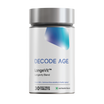
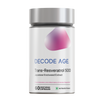
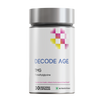

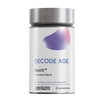
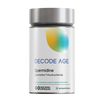
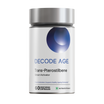
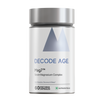
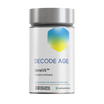
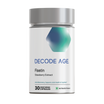
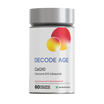
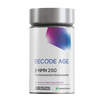
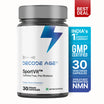
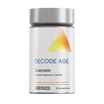
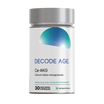

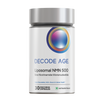











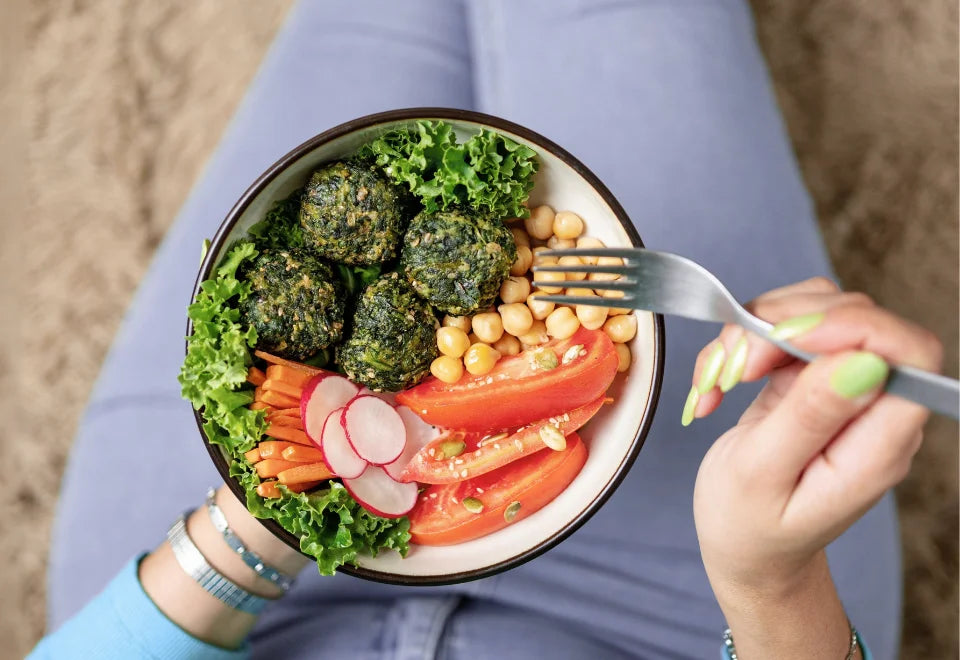
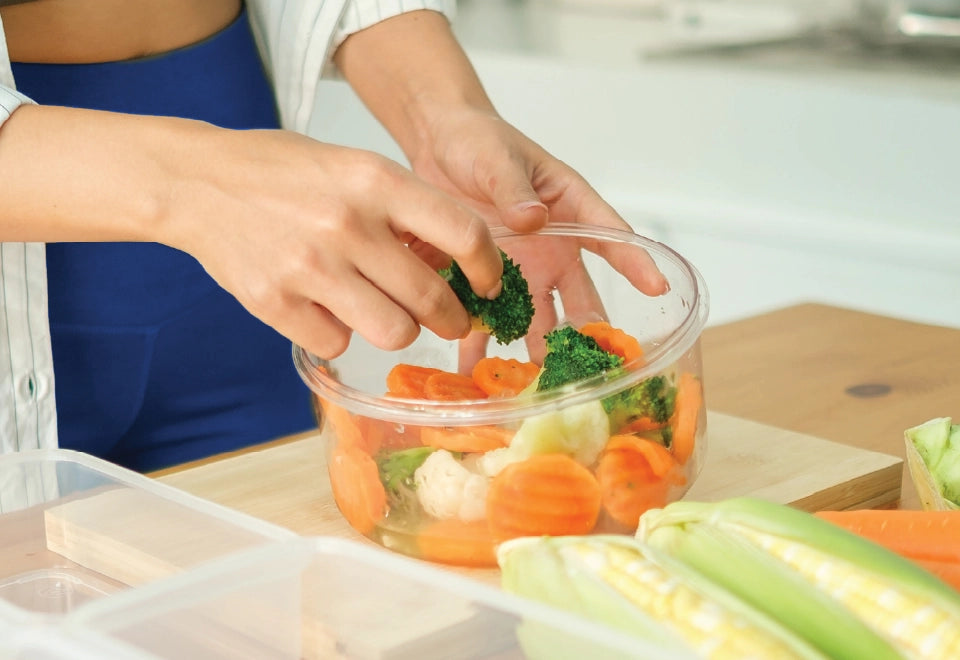
Leave a comment
All comments are moderated before being published.
This site is protected by hCaptcha and the hCaptcha Privacy Policy and Terms of Service apply.